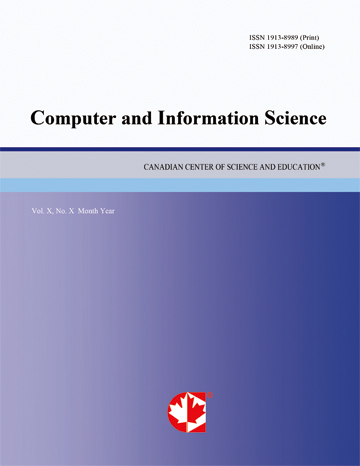MASK-SM: Multi-Agent System Based Knowledge Management System to Support Knowledge Sharing of Software Maintenance Knowledge Environment
- Amir Talib
- Rusli Abdullah
- Rodziah Atan
- Masrah Azrifah Azmi Murad
Abstract
Knowledge management (KM) has become an important topic as organizations wish to take advantage of the information that they produce and that can be brought to bear on present decisions. This paper described a system to manage the information and knowledge generated during the software maintenance process (SMP). Knowledge Management System (KMS) is utilizing to help employees build a shared vision, since the same codification is used and misunderstanding in staff communications may be avoided. The architecture of the system is formed from a set of agent communities each community of practice (CoP) is in charge of managing a specific type of knowledge. The agents can learn from previous experience and share their knowledge with other agents or communities in a group of multi-agent system (MAS). This paper also described on the theoretical concept and approach of multi-agent technology framework that could be implemented software maintenance process (SMP) in order to facilitate knowledge sharing among the maintainers of the learning organization. as well as to demonstrate it into the system wise, on how the multi-agent technology could be utilized in the software maintenance process (SMP) system model for serving the maintainer that is developed by using groupware such as Lotus Notes software. This architecture will be named as MASK-SM (MAS Architecture to Facilitate Knowledge Sharing of Software Maintenance). The author followed the Prometheus methodology to design the MAS architecture. This paper applied the definition of ISO 9241-11 (1998) that examines effectiveness, efficiency, and satisfaction. The emphasis will be given to the software maintenance process (SMP) activities that may concern with multi-agent technology to help the maintainers especially in learning organization to work collaboratively including critical success factor in order to ensure that software maintenance process (SMP) initiatives would be delivered competitive advantage for the community of practice (CoP) as well as users of the organization.
- Full Text:
 PDF
PDF
- DOI:10.5539/cis.v3n2p52
Journal Metrics
WJCI (2022): 0.636
Impact Factor 2022 (by WJCI): 0.419
h-index (January 2024): 43
i10-index (January 2024): 193
h5-index (January 2024): N/A
h5-median(January 2024): N/A
( The data was calculated based on Google Scholar Citations. Click Here to Learn More. )
Index
- BASE (Bielefeld Academic Search Engine)
- CNKI Scholar
- CrossRef
- DBLP (2008-2019)
- EuroPub Database
- Excellence in Research for Australia (ERA)
- Genamics JournalSeek
- GETIT@YALE (Yale University Library)
- Google Scholar
- Harvard Library
- Infotrieve
- Mendeley
- Open policy finder
- ResearchGate
- Scilit
- The Keepers Registry
- UCR Library
- WJCI Report
- WorldCat
Contact
- Chris LeeEditorial Assistant
- cis@ccsenet.org
